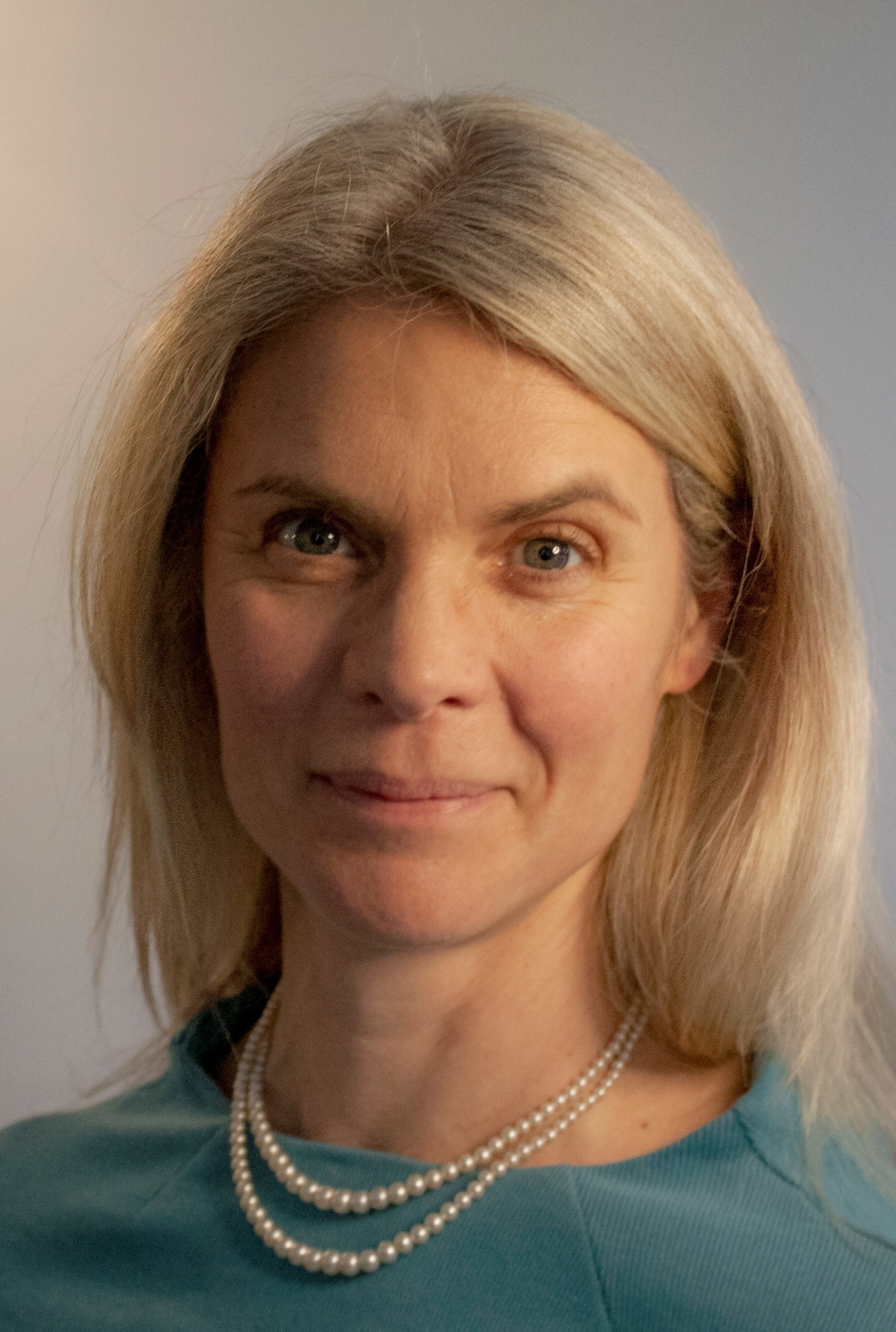Access Social Care CEO Kari Gerstheimer tells Fiona Bawdon how the pandemic has made her organisation’s work both more urgent and more difficult
 The launch of Access Social Care in April 2020, could hardly have been more timely. This charity, offering specialist social care legal advice, opened its (virtual) doors in the midst of the first wave of Covid-19, just when the entire country was focused on what was happening in care homes across the UK. The Corona Virus Act 2020 enabled local authorities to suspend many of the usual duties placed on them by the Care Act; and care providers of all kinds were facing unimaginable pressure.
The launch of Access Social Care in April 2020, could hardly have been more timely. This charity, offering specialist social care legal advice, opened its (virtual) doors in the midst of the first wave of Covid-19, just when the entire country was focused on what was happening in care homes across the UK. The Corona Virus Act 2020 enabled local authorities to suspend many of the usual duties placed on them by the Care Act; and care providers of all kinds were facing unimaginable pressure.
Kari says: ‘People were dying. Carers were desperately trying to keep people alive, while working in a fast-changing environment. New regulations were being issued at pace, which were having a dramatic impact on our clients’ businesses.’
Although it was launched as an independent charity last year, Access Social Care started life in 2018 as a project at Mencap, the learning disability charity. It operates a membership model, where care providers pay a fee to access its expert legal support; another key part of its mandate is to build the case for a properly funded national social care scheme.
Kari says that although it is older people who attract most public and political attention in relation to social care provision (or its lack), 50% of the current government spend is on those of working age; and 70% of that 50% are learning disabled people. Even without Covid-19, the growth in demand for social care was outstripping spending, leading local authorities to ration provision unlawfully. ‘Delay can be a very effective way of managing the budget,’ says Kari.
Since the pandemic, significant additional challenges have been added to the social care mix.
‘We’ve seen DNAR [do not attempt resuscitation] orders being placed on people with learning disabilities, without consulting them, or their family. We have seen new regulations being issued at pace, which have a dramatic impact on our clients’ businesses. Without the usual checks and balances, we have seen shocking decisions made at speed, ‘ says Kari Gerstheimer.
For many advice organisations, the last year has meant an abrupt move away from face to face working towards remote service delivery. For Access Social Care, it meant ‘the rest of the world has shifted to our way of working,’ says Kari.
It was always the plan that ASC’s team would work remotely, pandemic or no pandemic, but the impact of Covid-19 has been to transform what might have been seen an unusual model of working into the default.
Kari says: ‘We are a very, very flexible employer, so the shift to a flexible working pattern has not been a challenge for us.’ With funding provided by TLEF, via the Law Centres Network, ASC was equipped from the outset with the IT to enable remote working and advice delivery.
Even so, productivity has declined, not least as a result of the impact of schools closing on its mainly women staff team. ‘Everyone knows you can’t work with two children sitting on your lap,’ says Kari. ‘We can’t keep expecting people to deliver at the same pace.’
ASC’s pragmatic response was to go through every element of its work, and identify what could be halted or postponed. Kari says: ‘That was really hard, personally. I work at pace. We had so much momentum and achieved so much in our first year, then to hit the brakes really goes against the grain.’
In January, ASC introduced a wide-ranging wellbeing programme offering everything from mindfulness to online social events to zumba; and it also operates a buddy system for staff.
Despite growing demand for its services and a successful first year, there are some potential clouds on the horizon.
Pro bono support and donations are a key part of its business model, but the corporate legal sector, along with everyone else, has been knocked off kilter by the pandemic. ASC has seen a 50% drop in referrals being picked up by its pro-bono barrister panel . ‘Either because people are slammed, or they need to focus on paid work,’ says Kari. And, the ‘more simple, formulaic’ social care cases that ASC used to funnel through to volunteer lawyers from city firms, as part of the firms’ CSR commitment, have dried up. Kari worries that the money these big commercial firms currently donate to ASC in exchange for their lawyers having the opportunity to do social care work may also dry up. ‘Our cases are more complex now because the environment is new. We anticipate that the cases will start to come through again soon but if we can’t provide work which can be done by lawyers who aren’t experts in social care, we will have to be inventive about how we maintain those relationships with firms in the future.’
